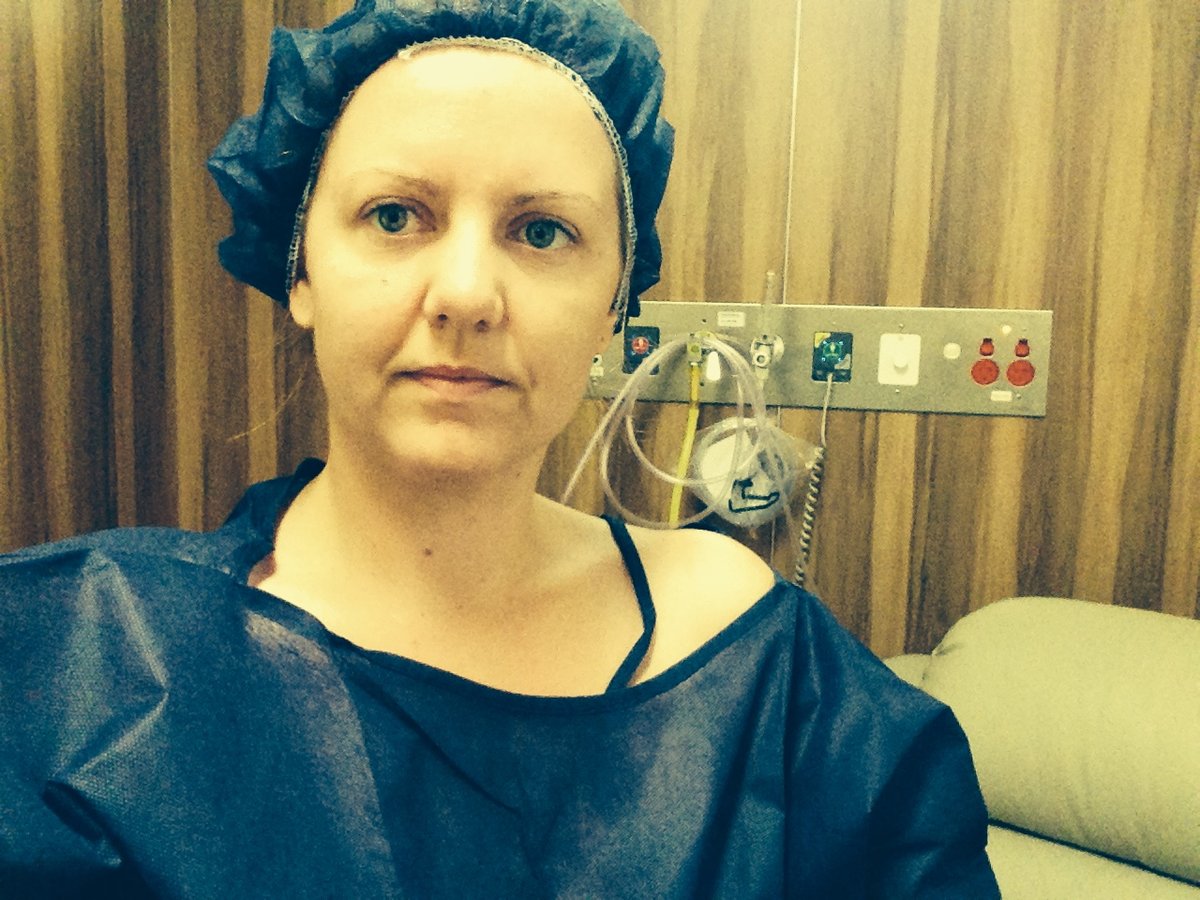
Infertility is complex.
Headlines and TV shows put a spotlight on fertility issues, but don’t always provide deep insights or realistic expectations. The experience is not the same for everyone and we often only hear success stories, which can be misleading.
Mine is now one of those stories - but it is not without complication.
Here’s what more than a decade of infertility taught me, and why I believe that presenting the full picture is important.
It's a long and winding road.
Don't let the feel-good stories fool you - it can be a long road before people get to IVF and a bumpy one afterward. Starting in 2011, we did 18 rounds of assisted fertility, including seven of IVF. We stopped and started treatment but took no precautions during that time. To us, that felt like 17 losses and hundreds of failures - I once did 40 pregnancy tests in 97 days while waiting for my period.
Watch: Tanya Hennessy opens up about her fertility issues on The Project. Post continues below.
We spent nine years thinking only I had fertility issues (PCOS), then pre-genetic testing in 2020 revealed that my husband did, too - and the latter genetic carrier discovery had a far greater impact. It turned out we’d had almost no chance of ever achieving 'natural' pregnancy (PSA: all pregnancy is natural) and the body I’d been hating on had been trying to do the right thing some of the time after all.




























































































